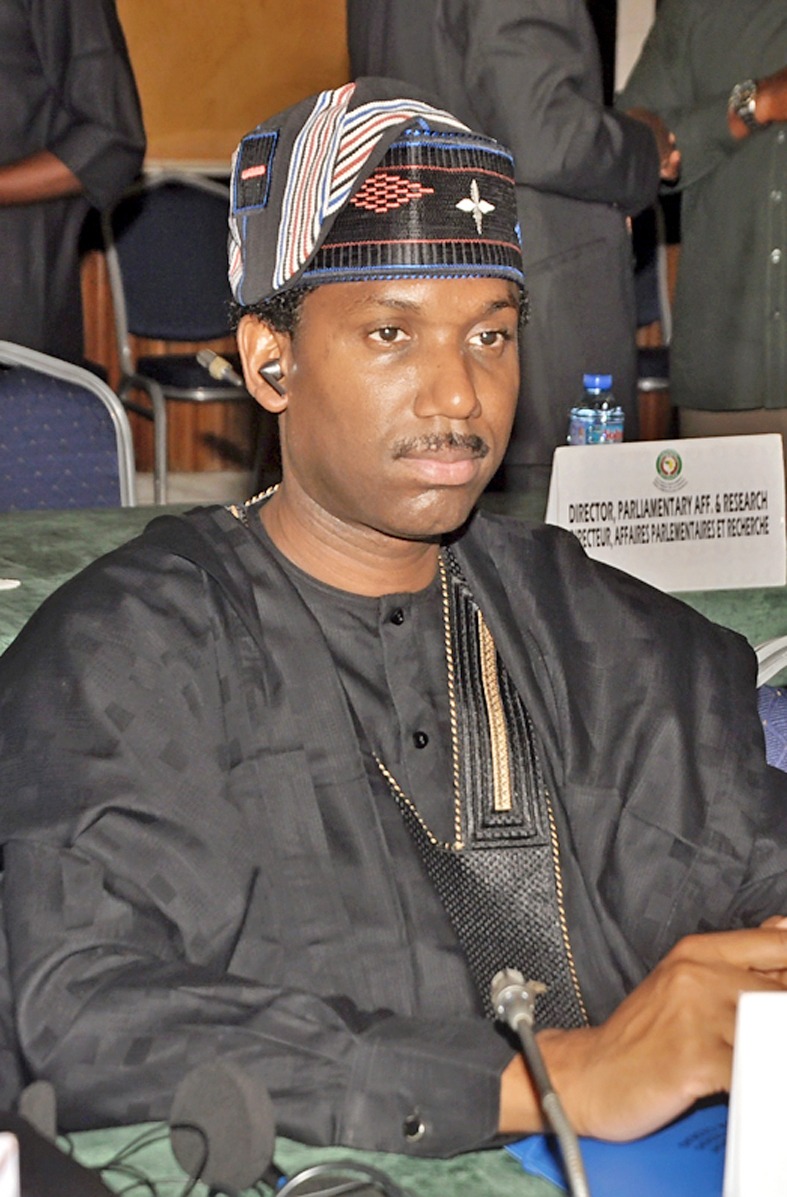A significant volume of trade is occurring between member states of the Economic Community of West African States (ECOWAS) but is not being properly reflected in official figures because it largely takes place within the informal sector. This is according to Ahmed Munir, a member of Nigeria’s National Assembly.
Speaking to journalists on the sidelines of the ECOWAS Parliament’s delocalised meeting on infrastructure in Lomé, Togo, Representative Munir, who is also the Deputy Chair of the ECOWAS Committee on Infrastructure, stressed the need to bring this informal trade into the formal economic sphere.
He argued that formalising the informal sector would not only lead to a more accurate reflection of the region’s Gross Domestic Product (GDP) but would also provide traders with access to crucial funding and legal protections.
“You’ll be shocked that the amount of trade that is going on in West Africa is quite robust,” Munir stated. “But it falls in the category of the informal sector and it’s not properly captured.” He added that addressing this issue is a key task for the regional body.
Representative Munir expressed optimism that ECOWAS could develop workable solutions to benefit all sectors of the economy.
Focus on Interconnectivity for Regional Integration
Addressing the high cost of air travel within the region, a central topic of the Lomé meeting, the lawmaker emphasised that improving interconnectivity between member states is vital for the success of regional integration policies. He asserted that the free movement of goods and people is essential for proper integration.
While acknowledging the challenges, he highlighted ongoing infrastructure projects, such as the Lagos-Dakar road network, with the Nigerian section already included in the national budget. He called for greater collaborative efforts to ensure the completion of such projects and to explore other avenues of connectivity, including river transport and transshipment to countries like Cape Verde.
He also suggested exploring Public-Private Partnerships (PPPs) for infrastructure development, where private entities could invest in and maintain key transport links in exchange for mechanisms like toll gates and tax incentives.
Despite the challenges facing ECOWAS, Representative Munir remained positive about the region’s prospects, citing its population of around 400 million as a significant asset. He drew parallels with the mobile telephone revolution, expressing hope for a similar transformation within the aviation industry to facilitate greater connectivity for trade, tourism, and education among West African nations.
He acknowledged that while the ECOWAS Parliament is primarily an advisory body, the common front developed through such meetings can influence policy changes in member states as parliamentarians return to their countries to advocate for regional agreements. He stressed that achieving deeper integration requires the collective effort of parliamentary bodies, heads of state, and other stakeholders, recognising that while the desired outcome is shared, the path to achieving it may involve navigating different national interests.
He concluded by highlighting the significant milestones ECOWAS has achieved in its 50 years, expressing confidence in the sub-region’s integration policy and the ongoing efforts to build a stronger, more interconnected West Africa.





Add Comment